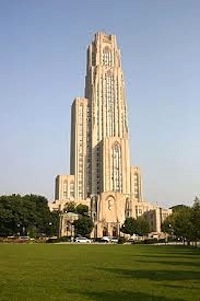
When I taught Freshman English at the University of Pittsburgh, one of my main charges was to teach my classes how to write good essays. The subject of one of the essays was: “What I learned in high school.” One boy wrote he learned ” how to play football.” Two students wrote “I learned a lot about G-d at my schul.” I had never come across “G-d” or “schul.” I asked one of the students to explain. He said he was never allowed to write “God.” He always had to write “G-d” because God’s Name was too holy to pronounce or to write at his Hebrew “schul” (from German/Yiddish “schule” and originally from Latin “schola” meaning “learned discussion, leisure”). In the ensuing years, I leisurely learned about the Tetragrammaton (Gr.”having 4 letters”), about YHWH, the four letters of God’s Name that are ineffable (“indescribable, inexpressible”).
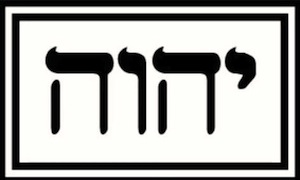
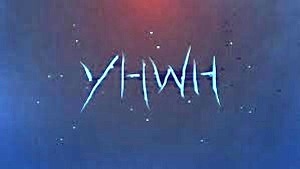
YHWH are four Hebrew consonants (yodh, he, waw, he) first recorded in Genesis 2:4: “This is the account of the heavens and earth when they were created. When the Lord God made the earth and the heavens.” In the Genesis verse “the Lord” is written in Hebrew as “YHWH” and the word “God” is written “Elohim” meaning in Hebrew “the Creator.” “YHWH” means “I Am” or “I Am That I Am,” a statement of Absolute Existence or IS-ness. (The “Y” in the tetragrammaton has, also, been denoted as a “J” as in “JHWH” and a “V” has been injected as in “JHVH.”) This writer believes the original tetragrammaton to be “YHWH,” “Yahweh” rather than “Jehovah.”
When God appeared to Moses at the burning bush and commissioned Moses to lead the enslaved Jews out of Egypt, Moses was reluctant and quibbled with God: “But Moses said to God, ‘Who am I that I should go to Pharaoh and bring the Israelites out of Egypt.’ And God said, ‘I will be with you’….Moses said to God, ‘suppose I go to the Israelites and say to them, The God of your fathers has sent me to you, and they ask me, what is His name? Then what shall I tell them?’ God said to Moses, ‘I AM WHO I AM (YHWH)…has sent me to you.’” (Exodus 3:11-14)

The four letters of the tetragrammaton, YHWH, are found 6,828 times in the Masoretic Hebrew Old Testament. Seems God really wanted to have His Name mentioned, if one believes God inspired the Bible. It was men’s “oral traditions,” the Mishnah (c. 217 AD) and not the Bible, that decided that Name, that theonym, was ineffable. Every time a rabbi read that word, he would pronounce it as “Elohim” or “Adonay(i)” meaning “My Lord” or “Master.” The people and rabbis were not even allowed to think of “The Name,” “Ha-Shem.” Perhaps the centuries of rabbi-interjections and silencing is why the name “Yahweh/Jehovah” became obsolete for centuries. The multiple mentions of YHWH in the Bible has to this day been omitted from most English translations and is often rendered/translated “Lord.”

Some believe the spelling “Jehovah” was “invented” by Pope Leo X’s confessor Peter Galatin in 1520. He interjected the vowels in “Adonai” between the consonants of “JHVH.” Others believe 5th century rabbis interjected the vowels and the tetragrammaton YHWH should be pronounced “Yahweh” not “Jehovah.” Ironically, there has been millennia of controversy over the correct pronunciation of a word that is not supposed to be pronounced.
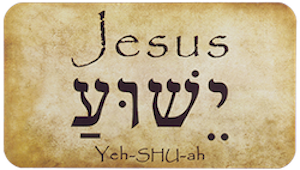
“Yeshua” is the Hebrew name of Jesus of Nazareth and means ” salvation, he saves.” His Name has parts of the tetragrammaton in it. “Yeshua” is a form of “Yahu’shuah,” the Messianic Salvation name. “Yahu” means “He is Yah,” G-d. Many believe Yeshua/Jesus is the incarnation of YHWH, the “Ha-Shem,” “the Name.”
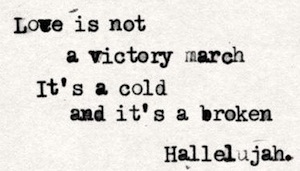
Hallelujah! Another Hebrew word meaning “Praise God.” Notice the “jah,” the “j,” the G-d from the tetragrammaton in that word. Leonard Cohen released his song Hallelujah in 1984 and called it a “muffled prayer.” What do you think?—Sandra Sweeny Silver
Alexandra Burke singing the Leonard Cohen song, Hallelujah.
